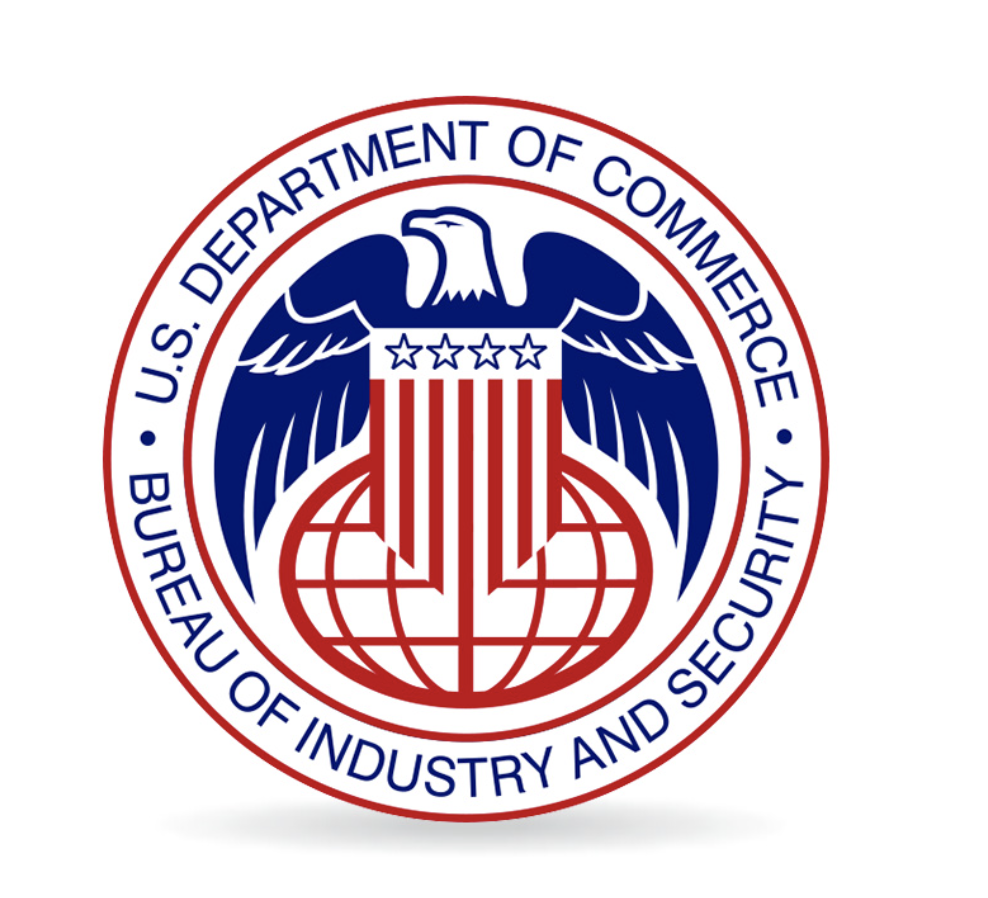BIS Imposes $153,175 Penalty Against Wabtec Corporation to Resolve Multiple Violations of Antiboycott Regulations
By: Alex Cotoia, Regulatory Compliance Manager at the Volkov Law Group ([email protected]) and Daniela Melendez, Associate at the Volkov Law Group ([email protected])
Wabtec Corporation (“Wabtec”)—a global manufacturer and supplier of rail technology headquartered in Pittsburgh, Pennsylvania—recently settled an administrative enforcement proceeding with the U.S. Department of Commerce’s Bureau of Industry and Security (“BIS”) involving forty-three (43) apparent violations of the antiboycott provisions of the Export Administration Regulations (“EAR”). Wabtec self-disclosed the misconduct to the BIS and cooperated with the investigation conducted by BIS’s Office of Antiboycott Compliance. According to the settlement agreement, the company took remedial measures promptly after it learned of the misconduct, which lead to a significant reduction in the overall penalty.

According to government sources, between approximately 2017 and 2022, Wabtec received multiple requests from a customer in Pakistan to refrain from importing Indian and Israeli-origin goods into Pakistan in fulfillment of its orders. Notably, Wabtec failed to report to BIS that it had received these requests, and in so doing, violated those provisions of the EAR that require U.S. Person recipients of unsanctioned foreign boycott demands to report those requests to the Commerce Department. A review of the charging letter and settlement agreement released by BIS reveals that all of the forty-three (43) antiboycott violations in question involved requests contained in tender documents issued by Wabtec’s Pakistani customer. In each instance, the tender documents in question contained provisions that restricted Wabtec’s ability to rely on the import of Indian and Israeli-origin products, noting that such imports were not “permissible.”

While the monetary penalty ultimately imposed by BIS against Wabtec is relatively modest, we have previously noted that enforcement of the EAR’s antiboycott provisions has increased precipitously over the course of the past few years. Indeed, the Wabtec enforcement action comes on the heels of two (2) other similar enforcement actions publicized by BIS last fall that directly implicated Forta, LLC and Pratt & Whitney Component Solutions. To adapt to the current enforcement reality, companies are expected to account for boycott risks by integrating such considerations into the fabric of their export compliance programs. Accompanying such efforts is also requirement that companies engage in continuous training of personnel most likely to encounter such requests in the first instance (e.g., front-line personnel engaged in sales and logistics activity). In addition to accounting for unsanctioned foreign boycott risks, individuals responsible for the administration of a company’s export compliance program should acquaint themselves with BIS’s reporting requirement. Finally, it goes without saying that any violations discovered by a company must be reported to BIS under the voluntary self-disclosure framework.















